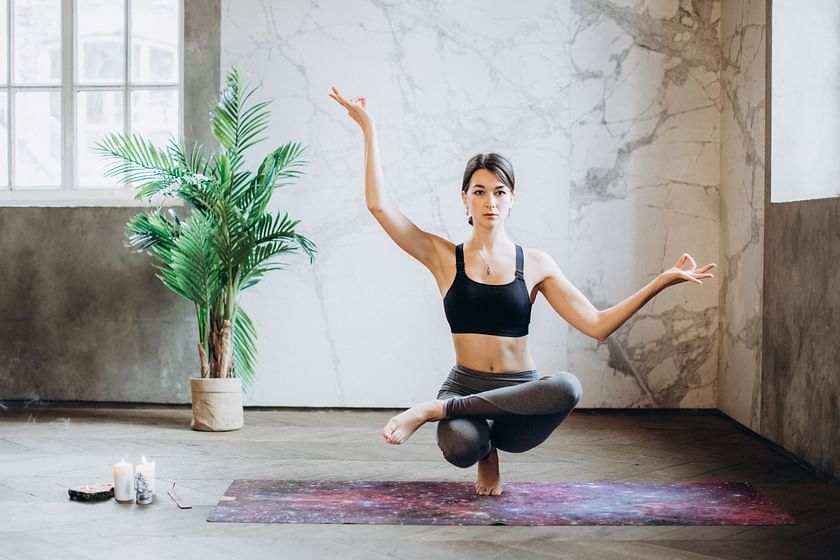
Meditation is a powerful practice that can bring about a sense of calm, focus, and overall well-being. Incorporating meditation into your daily life doesn't require a significant time commitment but can yield profound benefits. Here's a practical guide on how to seamlessly integrate meditation into your routine.

If you're new to meditation, start with short sessions. Begin with just 5 to 10 minutes to ease into the practice. As you become more comfortable, you can gradually extend the duration. Consistency is key, so make it a daily habit.
Designate a specific area for meditation. It could be a corner of a room or a cozy nook. Keep it clutter-free and add elements that promote tranquility, such as a cushion or a candle. This space signals to your mind that it's time for focused introspection.
Select a posture that suits your comfort. Whether sitting on a cushion, a chair, or lying down, ensure your spine is straight to facilitate easy breathing. Experiment with different postures to discover what feels most natural.
Direct your attention to your breath. Observe its natural rhythm, feeling the inhalation and exhalation. This simple focus helps anchor your mind to the present moment, fostering a sense of calm and mindfulness.
:max_bytes(150000):strip_icc()/GettyImages-938890492-becc3fc4757849bea672f148454943f9.jpg)
Utilize guided meditations, especially if you're a beginner. Numerous meditation apps and online resources offer guided sessions led by experienced practitioners. These provide structure and help you explore various meditation techniques.
Set realistic goals for your meditation practice. It's more beneficial to meditate for a few minutes daily than sporadically for longer durations. Consistency is key, and establishing a daily routine creates a sustainable habit.
Choose a time that fits seamlessly into your routine, whether it's in the morning to set a positive tone for the day or in the evening to unwind. Consistency in timing enhances the habit-forming process.
Experiment with various meditation techniques. Mindfulness meditation, loving-kindness meditation, and transcendental meditation are just a few examples. Exploring different approaches allows you to find what resonates best with you.
Meditation is a skill that develops over time. Be patient and gentle with yourself. Your mind may wander—that's normal. Gently guide your focus back to your chosen point of attention without judgment.
Extend the benefits of meditation to daily activities. Practice mindfulness while walking, eating, or even during routine tasks. Mindful living reinforces the calm and focused mindset cultivated through meditation.
Consider joining a meditation group or class. The collective energy and shared experiences can enhance your practice. Connecting with like-minded individuals provides support and encouragement.
Incorporate visualization techniques into your meditation. Guided imagery can enhance focus and relaxation. Picture serene landscapes or visualize positive affirmations to deepen the meditative experience.
Maintain a meditation journal to track your progress. Note the duration of your sessions, any insights gained, or changes in your overall well-being. Celebrate milestones as you witness the positive impacts of your practice.
As you meditate, silence your inner critic. Embrace self-compassion and acknowledge that meditation is a journey. Be kind to yourself, and let go of expectations or judgments that may arise.

Incorporate mindful breathing throughout the day as mini-meditation moments. Take a few conscious breaths during breaks or moments of stress. This instantly resets your focus and promotes a sense of calm.
Incorporating meditation into your life is a transformative journey that evolves with consistency and exploration. By integrating these practical steps, you can cultivate a meaningful and sustainable meditation practice, enhancing your mental well-being and overall quality of life.
Disclaimer: SPIRITUAL DEVOUT claims no credit for images featured on our blog site unless otherwise noted. All visual content is copyrighted to its respectful owners.